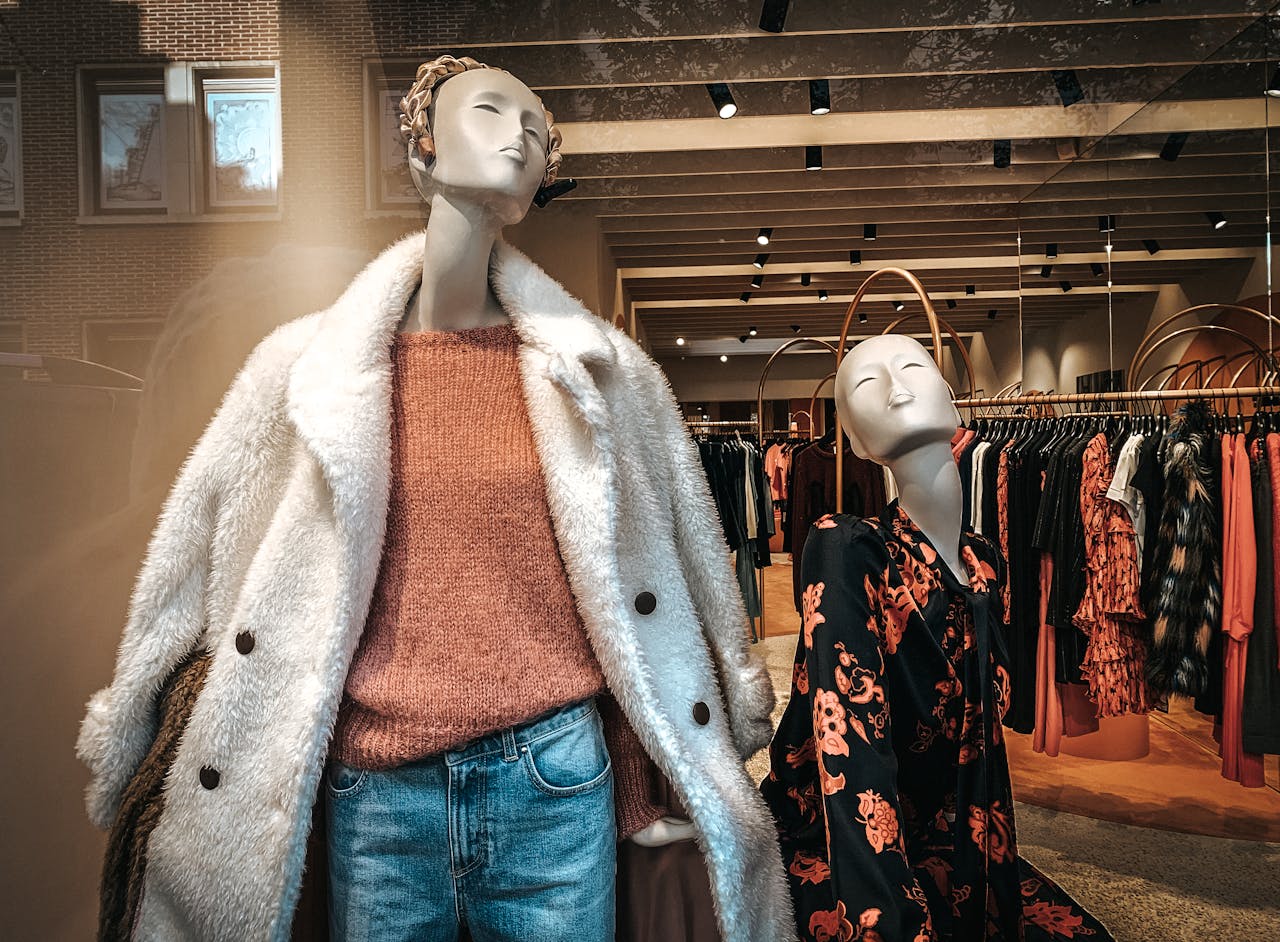
Impact of Fast Fashion: Call to Slow Down Trend Cycles
In today’s world of fashion, trends come and go faster than ever before, leaving us all struggling to keep up. From viral TikTok sensations to rapidly changing micro-seasons, the fashion industry’s accelerated trend cycles are not just exhausting; they’re also taking a toll on the environment.
Consider this: once-beloved items like Birkenstocks and skinny jeans have cycled in and out of popularity within a few short years, only to potentially resurface again. This constant churn of trends is driven by social media and fast fashion brands eager to capitalize on fleeting styles.
Alejandra Lopez, owner of McShane’s Exchange Consignment, has witnessed this shift firsthand. She notes how trend cycles have dramatically sped up, with “mini seasons” and micro-trends dominating social media platforms like TikTok. The pressure to stay on trend has become overwhelming, making it difficult to maintain individual style and expression.
The consequences of this rapid turnover are significant. Andres Ramos-Miguez, a DePaul sophomore, highlights concerns about declining clothing quality and the environmental impact of fast fashion. Brands like Zara release new collections every five weeks, contributing to massive textile waste and greenhouse gas emissions.
The fashion industry’s environmental toll is staggering. Landfills overflow with discarded clothing, emitting harmful gases and polluting waterways. Thrifting and consignment shopping have emerged as sustainable alternatives, but even these practices come with environmental costs, particularly in packaging and transportation.
It’s clear that change is needed. Embracing a slower, more sustainable approach to fashion consumption is crucial. Consignment shopping and extending the lifespan of our clothing can significantly reduce our environmental footprint.
As consumers, we hold the power to influence industry practices. By opting for quality over quantity and supporting ethical, eco-conscious brands, we can promote a more responsible fashion ecosystem.
Let’s challenge the notion that we must constantly chase trends. Instead, let’s embrace individuality and advocate for a fashion industry that prioritizes longevity, quality, and environmental stewardship. Together, we can slow down trend cycles and create a more sustainable future for fashion.
